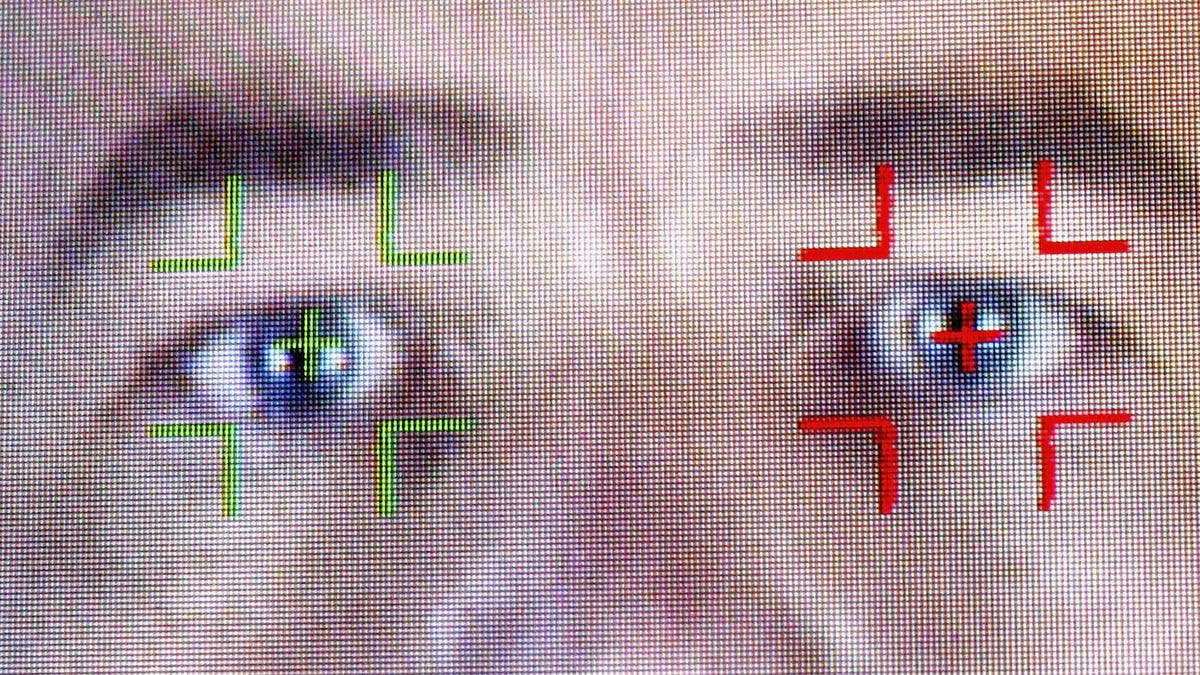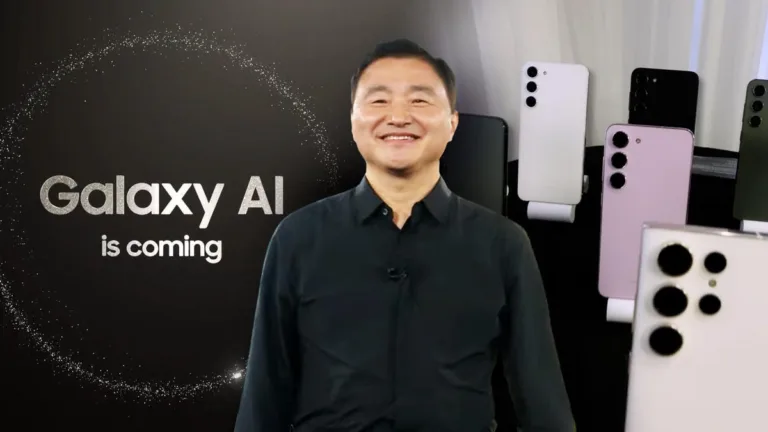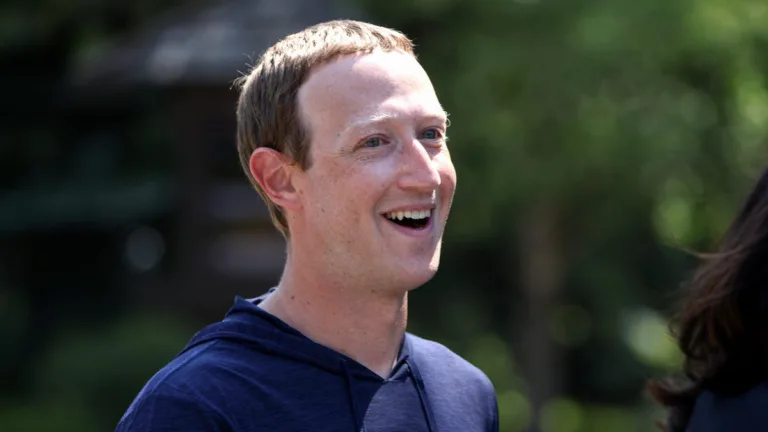The Power and Threat of AI in Political Manipulation
Protests in Pakistan saw the use of AI-generated images to sway public opinion and support for former Prime Minister Imran Khan. However, this incident is just one example of how political leaders worldwide are utilizing deepfakes to achieve their goals. A recent report by Freedom House revealed that at least 16 countries, including the United States, have employed deepfakes to cast doubt, defame opponents, or influence public discourse.
Former President Donald Trump and Florida Governor Ron DeSantis engaged in a deepfake battle to tarnish each other’s reputation prior to the Republican presidential nomination. Trump used manipulated audio to mock DeSantis, while DeSantis responded with doctored images suggesting Trump’s camaraderie with controversial figures, such as Dr. Anthony Fauci.
AI’s potential to amplify digital repression is a growing concern. In a survey of 70 countries, Freedom House found that 22 of them had regulations requiring social media companies to employ AI to detect and remove undesired political, social, and religious content. Beyond increasing censorship efficiency, this use of AI also obscures the state’s role in controlling information and enables undemocratic leaders to suppress dissent with fewer repercussions.
Meanwhile, state actors are enlisting specialized companies to create AI-generated propaganda resembling real newscasters. Venezuela’s state-backed news stations shared videos of AI-created news anchors countering Western criticism, while pro-China bot accounts shared similar AI-generated clips to counter critics. These efforts bear resemblance to historical tactics used by unscrupulous political actors to spread disinformation and manipulate public perception.
Notably, there has also been an alarming rise in genuine videos and audio being labeled as deepfakes by politicians to discredit incriminating evidence. This tactic erodes public trust in the democratic process and can have far-reaching consequences, as seen when an incorrect assumption about a video of a former president possibly being fake sparked a political uprising.
As generative AI tools become more sophisticated and affordable, the landscape of political manipulation may undergo a significant transformation. Freedom House calls for democratic states to strengthen AI regulations, enhance transparency, establish effective oversight mechanisms, and prioritize the safeguarding of human rights, as online human rights violations have become a prime objective for contemporary autocrats.
Source: Generative AI Is the Newest Tool in the Dictator’s Handbook







